Residential Gates Buyers Guide
Information To Help You Choose Which Gate Is Right For Your Home
Residential Gates Buyer’s Guide: How to Choose the Perfect Gate for Your Home
Choosing the right gate for your home is an important decision that impacts your property’s security, privacy, and curb appeal. With numerous options available, it’s essential to understand the different types, materials, and features to make an informed choice. This comprehensive buyer’s guide will help you navigate the various factors to consider when selecting the perfect residential gate for your home.
1. Determine Your Primary Needs
Before diving into specific gate types and materials, it’s crucial to identify the primary purpose of your gate. Ask yourself:
Security: Do you need a gate that provides maximum protection against unauthorized entry?
Privacy: Are you looking for a gate that enhances your privacy by blocking the view into your property?
Aesthetic Appeal: Do you want a gate that complements your home’s architectural style and boosts curb appeal?
Access Control: Is it important to control who can enter and exit your property easily?
2. Choose the Right Type of Gate
Different gate types serve various purposes and come with their own sets of advantages. Here are the most common residential gate types:
Swing Gates
Description: Opens inward or outward like a door.
Pros: Elegant appearance, wide access, easy to automate.
Cons: Requires ample space to open.
Best For: Driveways with sufficient space for the gate to swing.
Sliding Gates
Description: Slides horizontally along a track, parallel to the fence or wall.
Pros: Space-efficient, ideal for short or inclined driveways.
Cons: Requires track maintenance, can be more expensive to install.
Best For: Properties with limited space for a swinging gate.
Bi-Folding Gates
Description: Folds back on themselves in sections, reducing the space needed to open.
Pros: Quick to open and close, space-saving.
Cons: More moving parts can mean more maintenance.
Best For: Driveways with limited opening space.
Pedestrian Gates
Description: Smaller gates designed specifically for foot traffic.
Pros: Convenient access for pedestrians, can be integrated with larger gates.
Cons: May not provide vehicle access.
Best For: Pathways, garden entrances, or side gates.
Custom Gates
Description: Tailored to your specific preferences and needs.
Pros: Highly customizable in terms of material, design, and automation options.
Cons: Can be more expensive.
Best For: Homeowners wanting a unique design that complements their property.
3. Select the Right Material
The material of your gate affects its durability, maintenance, and appearance. Here are the common options:
Wood
Pros: Natural look, customizable, provides privacy.
Cons: Requires regular maintenance (painting/staining), can warp over time.
Best For: Traditional and rustic home designs.
Steel
Pros: Strong, durable, secure.
Cons: Can rust if not properly treated, heavy.
Best For: High-security needs, modern and industrial styles.
Aluminum
Pros: Lightweight, rust-resistant, low maintenance.
Cons: Less strong than steel, can be more expensive.
Best For: Coastal areas, modern designs.
Wrought Iron
Pros: Strong, elegant, highly customizable.
Cons: Prone to rust, requires maintenance.
Best For: Classic and ornate designs, high-security needs.
Vinyl
Pros: Low maintenance, resistant to weather and insects, durable.
Cons: Limited color options, can fade over time.
Best For: Homes in harsh weather climates, seeking a long-lasting option.
4. Consider Additional Features
Modern gates come with various features that can enhance their functionality and security. Consider these options:
Automation
Description: Gates that open and close automatically via remote control, keypad, or smartphone app.
Best For: Enhancing convenience and security.
Intercom Systems
Description: Allows communication with visitors before granting access.
Best For: High-security properties, controlling access.
Keypads and Card Readers
Description: Provides secure, coded access.
Best For: Enhancing security for both residential and commercial properties.
Video Surveillance
Description: Integrates with your gate to monitor and record activity.
Best For: Properties requiring enhanced security and monitoring.
5. Set a Budget
Your budget will influence the type, material, and features of the gate you choose. Here are some tips:
Material Costs: Wood and wrought iron tend to be more expensive than vinyl and aluminum.
Automation: Automated gates and advanced access control systems will increase costs.
Customization: Custom designs and additional features can add to the overall cost.
6. Consider Installation and Maintenance
Professional installation is recommended to ensure your gate operates smoothly and safely. Additionally, consider the long-term maintenance requirements of your chosen gate material and features. Regular maintenance will ensure your gate remains functional and looks great for years to come.
Conclusion
Choosing the right gate for your home involves balancing aesthetics, functionality, and budget. By considering the type of gate, material, additional features, and maintenance needs, you can find a gate that enhances your property’s security, privacy, and curb appeal. For personalized advice and professional installation, consult with a trusted gate specialist to ensure you make the best choice for your home.
More Questions? Contact us today

